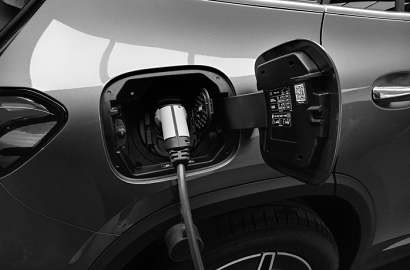Around 500 Spanish companies among the most sustainable in the world

Siemens Gamesa Renewable Energy and Iberdrola are in the top thirty
Of the world's most sustainable companies, 6.9% are Spanish. 455 firms have in fact gained B Corp certification, a private recognition that shines a spotlight on companies that observe a series of standards for social and environmental performance, public transparency and legal accountability. The commitment in Spain is clear, and the country has positioned itself as the leader in Ibero-America.
This data has been taken from the CSR report “How is compliance with the 2030 Agenda progressing?”, led by Javier San Martín, Professor of Sustainable Logistics at OBS Business School. In addition to the B Corp companies, it includes other rankings, such as the one by the Canadian magazine Corporate Knights, which each year studies the performance of over 8,000 companies with an annual turnover of more than 1 billion euros, excluding those that use coal in their processes.
Great business opportunity
Siemens Gamesa Renewable Energy has entered this ranking for the first time, as the eighth most sustainable company in 2023, joining Iberdrola - which rises from 25th to 24th place - in the top thirty. The report highlights that fulfilling the 2030 Agenda is a corporate responsibility, and that financing this objective will create a ten trillion dollar market, representing a huge business opportunity for companies with this vision.
Being sustainable is also an obligation for companies, at least those from the 193 countries that signed the 2030 Agenda in 2015. Seventeen Sustainable Development Goals (SDGs) and 169 targets were set. As Professor Javier San Martín reminds us, “Size does not matter when it comes to taking advantage of these opportunities; instead it’s the training and talent of the people involved with the companies that really matters”.
Profit and loss account
However, many companies are still unaware of the importance of being sustainable. In fact, over 50% of companies surveyed were unaware of the SDGs or what the 2030 Agenda is, and only 20% included measurable SDG targets in their corporate plans for 2022. In contrast, 79% of those who have taken the initiative have already seen the benefits of joining the trend, which ultimately translate into an improved bottom line. In addition to motivating employees, they require fewer resources and pay less tax, to name but a few of the potential advantages.
Large companies are not necessarily the most compliant. In fact, the report reveals that only eleven of the world's 100 most valuable companies are among the 100 most sustainable. Meanwhile, four companies share the problematic podium when it comes to producing the most greenhouse gas emissions, with 25% of the global total, while 50% of the total is emitted by just 24 companies.
Going back to Spain, Ibex companies offer three times more SDG training per employee than all the companies combined, and many already reward their executives for compliance with sustainability plans. The percentage of all Spanish companies that do so is 7%. On the horizon, 2050 remains the target year, i.e. the year by which corporate emissions should be reduced to zero.
Photo: OBS Business School




